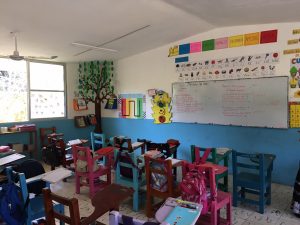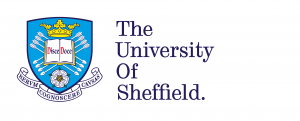
Welcome to “Lessons from Global Classrooms”, an online journal run by the School of Education at the University of Sheffield. Each issue runs for a calendar year, with students being invited to re-work research assignments into articles that can be shared more widely, facilitating the dissemination of student research and enriching the global learning and teaching community with valuable contributions from all over the world. Below is a brief summary of each issue, which will be added to as new articles are published:
2023
In our first paper for 2023, Benjamin Wright explores how young English language learners (ELLs) can best be supported to engage with inquiry-based learning through conducting semi-structured interviews with early years teachers at international schools in China. Our second paper, by Stephanie Miltiadou considers how the behaviour of students may be improved through effective classroom management methods in an international private primary school. Our third contribution for 2023, from Justine Chaléat explores how collaboration between EAL teachers and homeroom teachers can help EAL students in their development of vocabulary and comprehension skills at an international school in Sweden.
2022
First of all, a welcome to Georgette Alejandra Fernandez Laris, who is joining the journal as a co-editor for 2022.
Our first paper for 2022 takes us to Kenya, where Barbra Achando Akombo researched the impact of Covid-19 on music pedagogy. In our second paper, Andrea Tonini focuses on the shift from teacher-centred to learner-centred pedagogy at a bilingual school in Vietnam. In our third contribution, Victoria Washington explores how the Integrated Input-Output Framework for task-based language teaching (TBLT) affects teacher and learner confidence in Spain. The fourth paper for 2022, by Jizi Chen looks at the effects of English-only learning in the Chinese education system.
2021
In our first paper for the 2021 issue, Oliver Lewin focuses on extrinsic and intrinsic motivation among his primary school pupils in a school in Sri Lanka. Jamie Delaere-MacLean explores the experiences of young third culture kids (TCKs) at an international school in Brussels for the second paper. The third paper takes us to China, where Freya Lynn Drew researched student preferences and teacher practices regarding oral corrective feedback in the EFL classroom. The fourth paper, by Lalita Mongendre, spans seven countries (England, Northern Ireland, France, Singapore, Switzerland, India, and Indonesia) exploring the experiences of ten online learners, specifically in relation to teacher and peer interactions.
2020
Danny McCamlie explores the motivation, career pathways, and development opportunities of Myanmar teachers in the international school context in Myanmar. Ben Griffiths shares findings from his study on adopting a holistic Philosophy for Children (P4C) approach within the International Baccalaureate setting at his school in China. Alexander Boel, also in China, explores the role of leadership in teacher retention, and Emmy Abrahamson‘s study focuses on the role of summative assessment in secondary school drama, collating views from teachers in Europe, Asia, and North America.
We hope you enjoy reading about our Lessons from Global Classrooms. If you have questions or comments, please contact Dr Sabine Little (s.little@sheffield.ac.uk).

